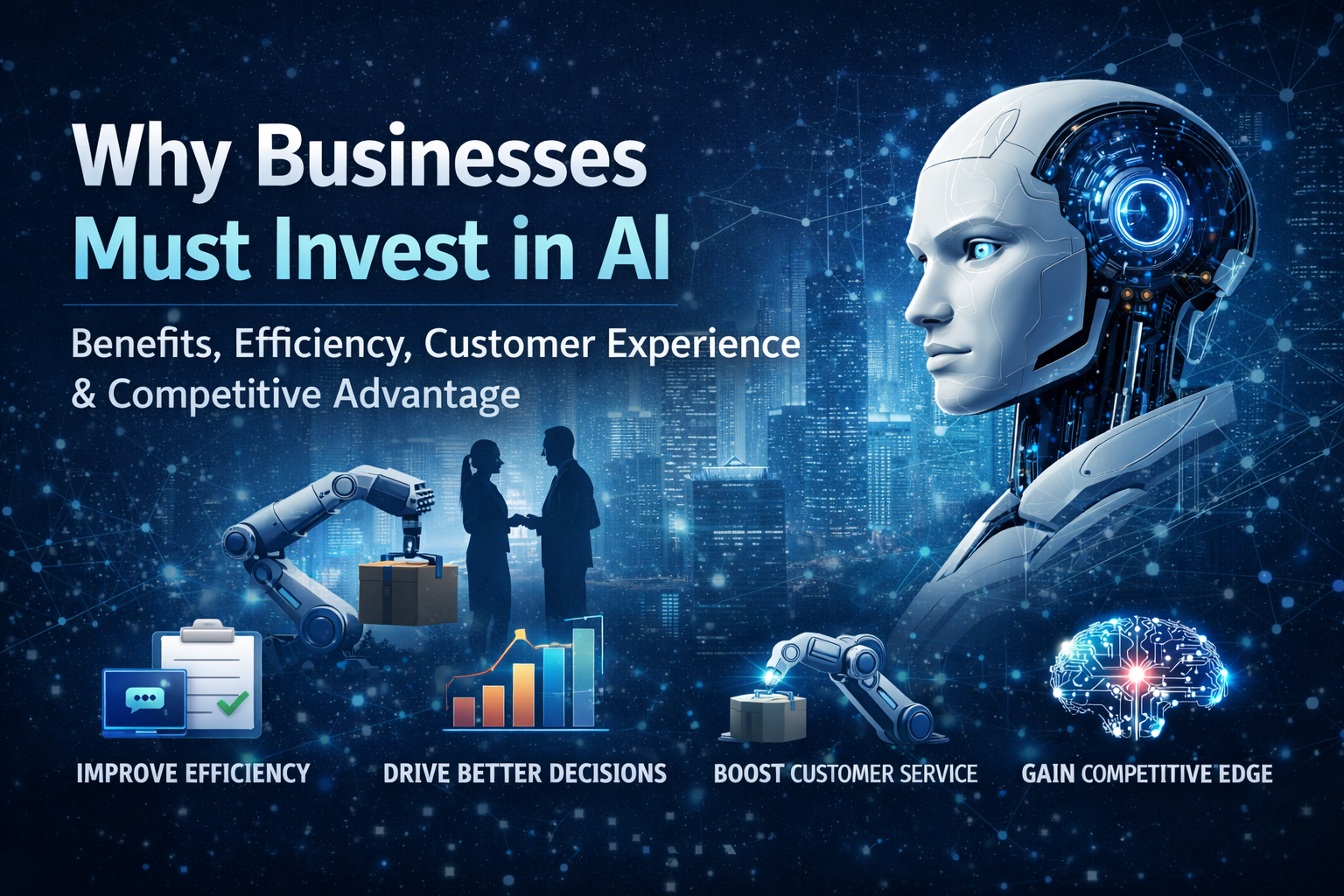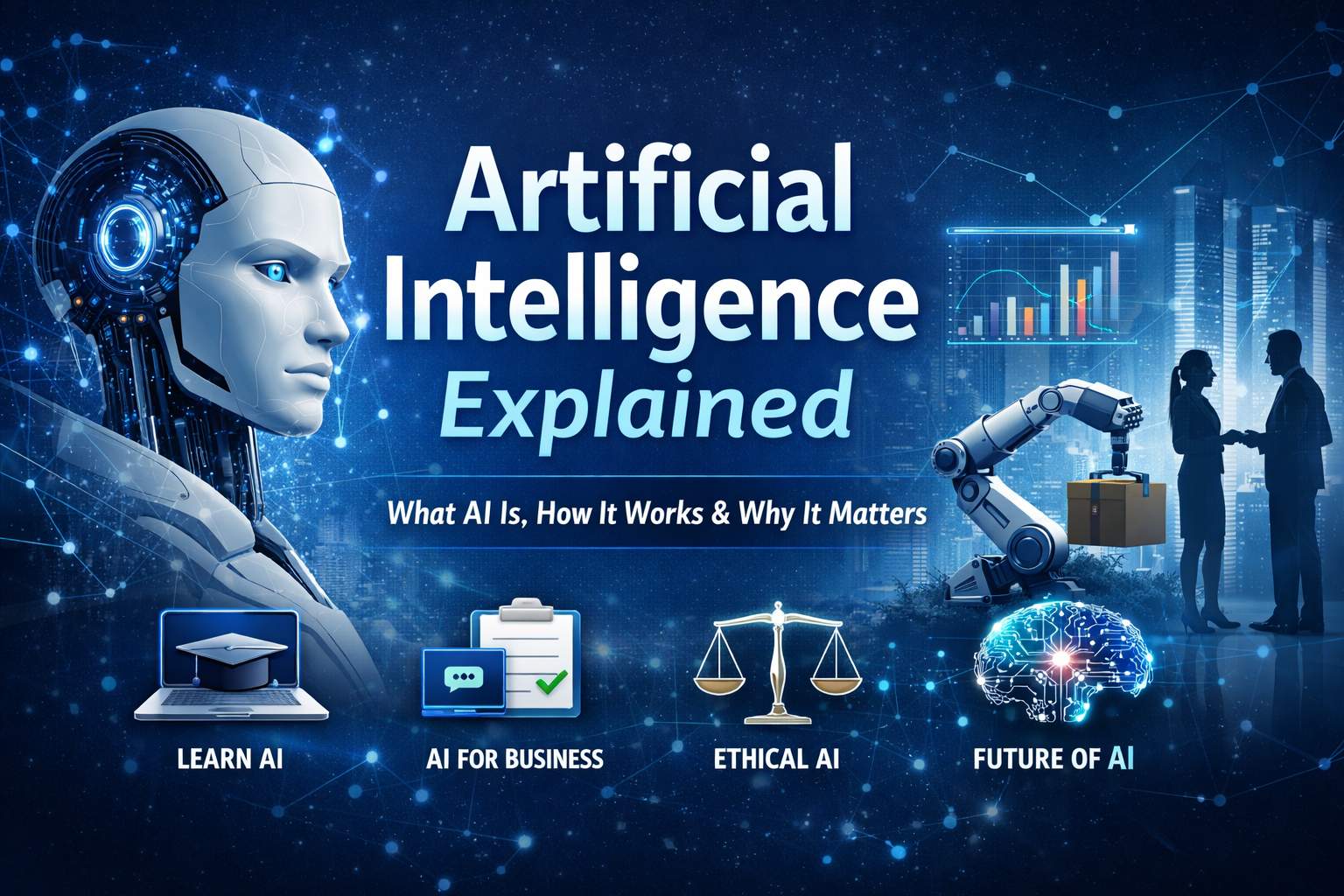Hyundai Motor Group Partners with Singapore to Power the Future of Smart Mobility
Hyundai Motor Group is making a bold play in Asia’s tech scene. The company just deepened its collaboration with Singapore to turn the city-state into a hub for smart mobility, clean energy, and next-gen manufacturing.
At the center of this move is the Hyundai Motor Group Innovation Center Singapore (HMGICS) — a sleek, futuristic facility that feels more like a startup lab than a car plant. It’s where Hyundai’s engineers, robots, and AI systems work side by side to build the future of mobility.
Beyond Cars: A Smarter, Greener Vision
Hyundai’s latest partnership with Singapore’s Home Team Science and Technology Agency (HTX) pushes this vision even further. The two sides will collaborate on advanced robotics, AI, and mobility solutions that could redefine how cities move.
The idea is simple but powerful — use technology to make transportation more efficient, sustainable, and human-centered. From autonomous delivery pods to robotic assistance systems, the partnership aims to turn futuristic concepts into real-world solutions.
A Lab Where Ideas Come Alive
Inside HMGICS, every part of production is designed to be flexible. Instead of traditional assembly lines, Hyundai uses what it calls “cell-based manufacturing.” Robots and humans share the floor, with digital twins and AI monitoring every process to ensure precision and speed.
Hyundai says this setup allows it to build custom vehicles faster and test innovations in real time. It’s the kind of forward-thinking model that could influence how factories around the world operate.
Driving Singapore’s Smart Nation Goals
Singapore has been vocal about becoming a leader in smart mobility and clean energy, and Hyundai’s growing footprint fits perfectly into that plan. The company is also investing in hydrogen research and sustainable energy systems, working closely with local partners like A*STAR and Nanyang Technological University.
By combining Hyundai’s automotive expertise with Singapore’s deep tech ecosystem, both sides are betting on a future where vehicles are cleaner, cities are smarter, and transportation works seamlessly across every layer of urban life.
The Bigger Picture
For Hyundai, this isn’t just about expanding in Asia — it’s about redefining what a car company can be. From EVs and hydrogen tech to robotics and AI, Hyundai is turning into a mobility powerhouse.
As the company continues to test, build, and experiment in Singapore, it’s clear that this collaboration is more than a partnership. It’s a glimpse of how innovation hubs can power the next generation of global mobility.
In short:
Hyundai isn’t just building cars anymore. It’s building the future of movement — and Singapore is the perfect proving ground.


.png)




